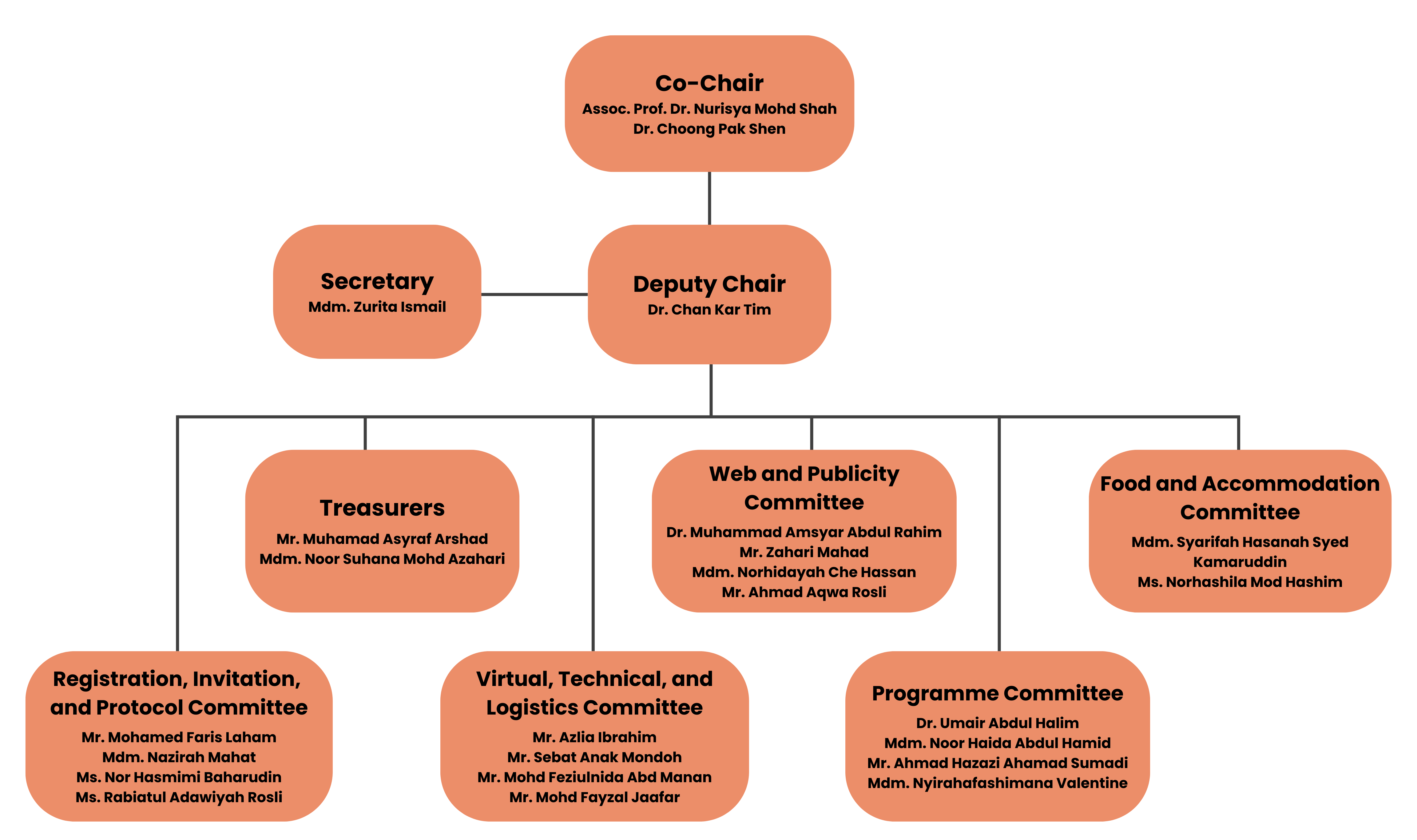
On 7 June 2024, the United Nations proclaimed 2025 as the International Year of Quantum Science and Technology (IYQST 2025), recognizing the importance of quantum science and the need for wider awareness of its past and future impacts.
The development of quantum theory did not begin with a single event, but a series of discoveries and curiosities over a few centuries, started with the inquiries of the wave- or particle-like properties of light and the fundamental constituents of matters. In the beginning of 19th century, the discoveries on quantization of light through blackbody radiation and photoelectric effect, quantization of energies of matter through the Bohr model of the atom, spatial quantization in Stern-Gerlach experiment, and de Broglie's particle-wave duality, further strengthened the belief that there needed a new physical theory to describe the microscopic world.
In 1925, Heisenberg and Schrödinger independently formulated the matrix and wave mechanics of quantum theory, establishing the formalism of quantum theory that we know of today. Various applications of quantum phenomena have been incorporated in our real-life appliances, such as integrated circuits in electronic devices, optical devices and lasers, magnetic resonance imaging (MRI), and electron microscopy.
The contributions of quantum theory did not end there. In 1980 and 1982, Yuri Marin and Richard Feynman conceptualized computers that can effectively simulate quantum systems. It was only in 1992, foundations of computing based on quantum theory was discovered in which David Deutsch and Richard Jozsa developed quantum algorithms, showing the promise that quantum computers can solve specific problems faster than classical computers. It was Peter Shor's discovery in 1994 that caught the attention of many as he showed that quantum computers can find prime factors in polynomial time, since this is at the core of cryptographic protocols that ensure security of messages over the internet.
All these discoveries hint at the disruptive potential of the current and emerging quantum technologies. While the immense contributions of quantum technologies to humanity and society due to the second quantum revolution should be celebrated, the contributions of theoretical foundations to quantum theory should not be overlooked. Various foundational issues of quantum theory, such as the existence of bound entangled states with negative partial transposition, SIC POVMs, and quantum contextualities, may potentially change how we understand the quantum world and future development or applications of quantum technologies.
In light of IYQST 2025, EQuaLS 2024: A Precursor and Realignment Workshop to the International Year of Quantum Science and Technology 2025 will highlight some of the ongoing theoretical quantum information research in Malaysia and its relevance to quantum applications. Additionally, EQuaLS 2024 aims to set a platform for conversations between theoretical physicists, experimentalists, technologists, and social scientists to coordinate efforts and collaborations between all interested parties for IYQST 2025 and a quantum strategy in Malaysia. Early career researchers, such as advanced undergraduate or graduate students, postdocs, and quantum researchers are welcomed to join the event.
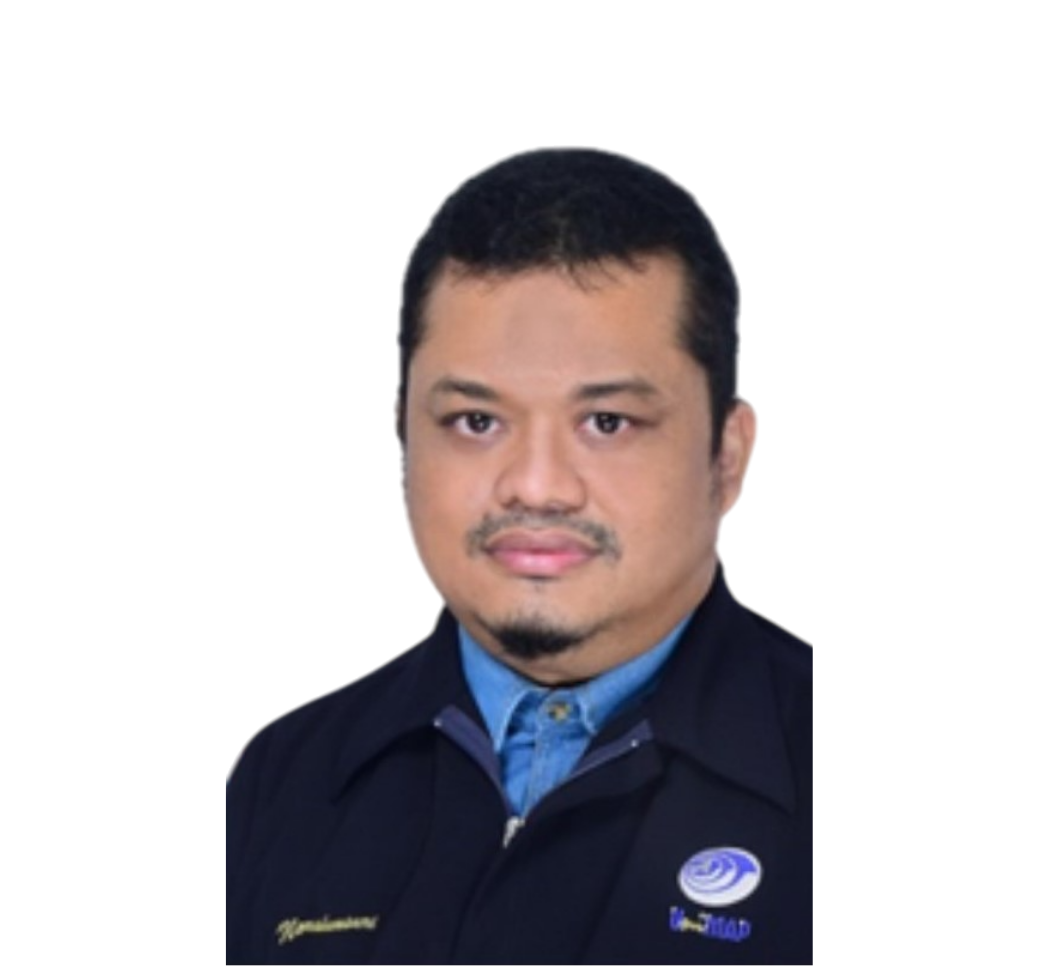
Universiti Malaysia Perlis (UniMAP)
Research Areas: Quantum Key Distribution
"Quantum Information journey on UniMAP perspective"
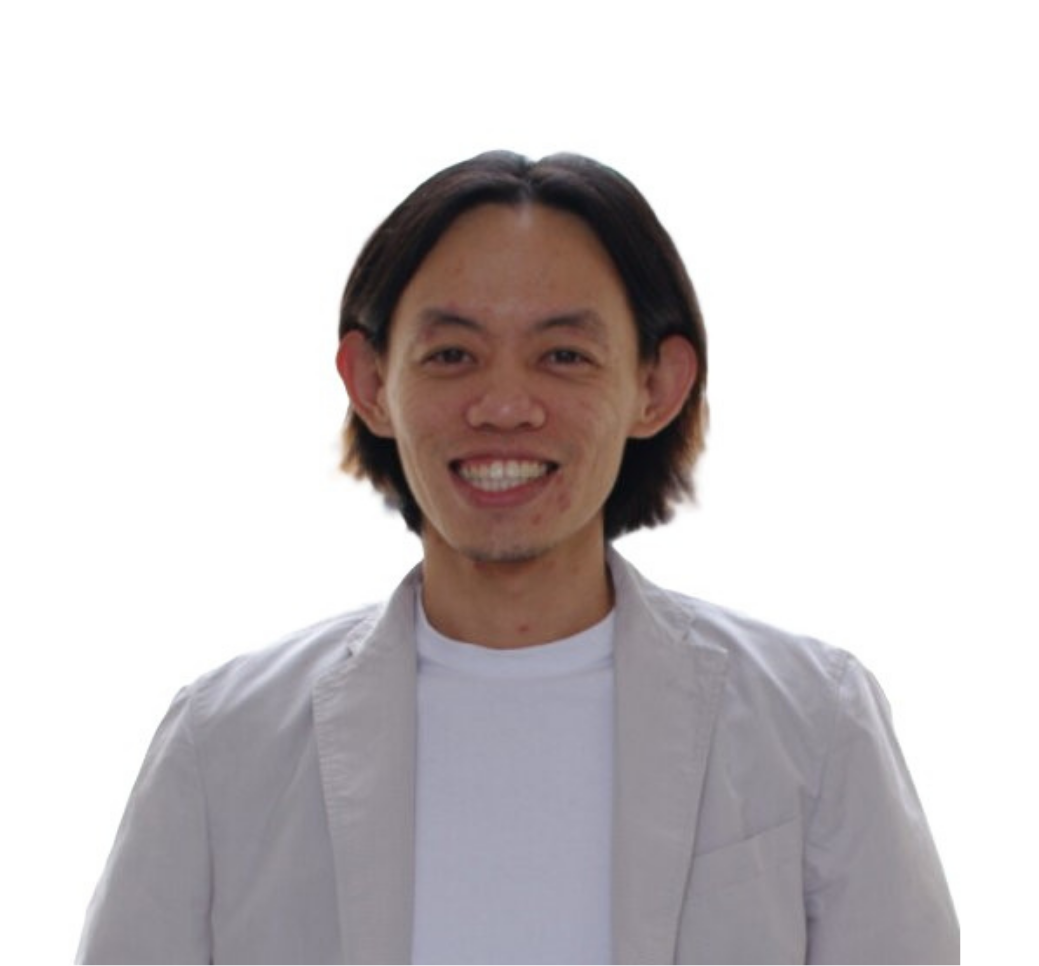
Universiti Teknologi Malaysia (UTM)
Research Areas: Superconducting and Electron-spin Quantum Computers, Microwave Engineering
"Superconducting QC: Design, Farbication and Control"
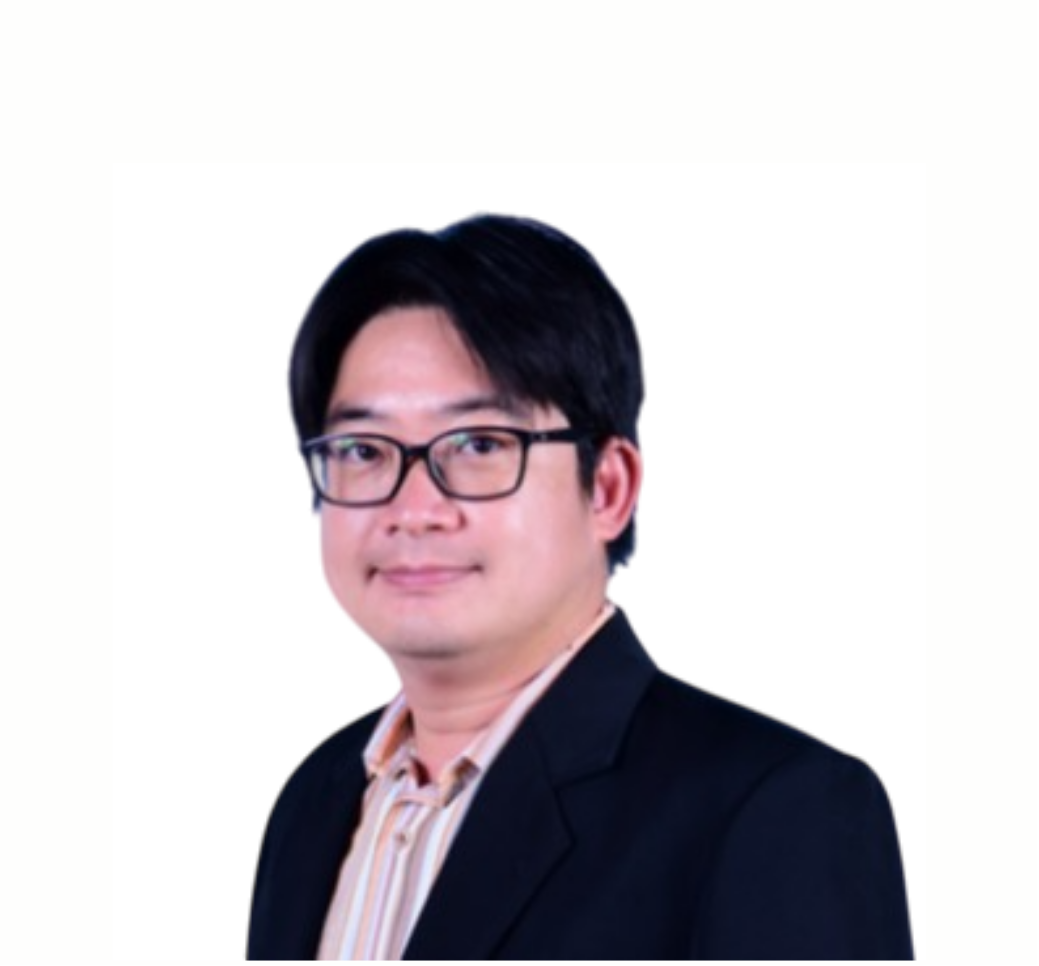
Suranaree University of Technology and QTRic, Thailand
Research Areas: Experimental Condensed Matter Physics, Quantum States of Advanced Materials
"Overview of Quantum Tech Research from QTRic Toward Commercialization and My View of ASEAN's Potential"
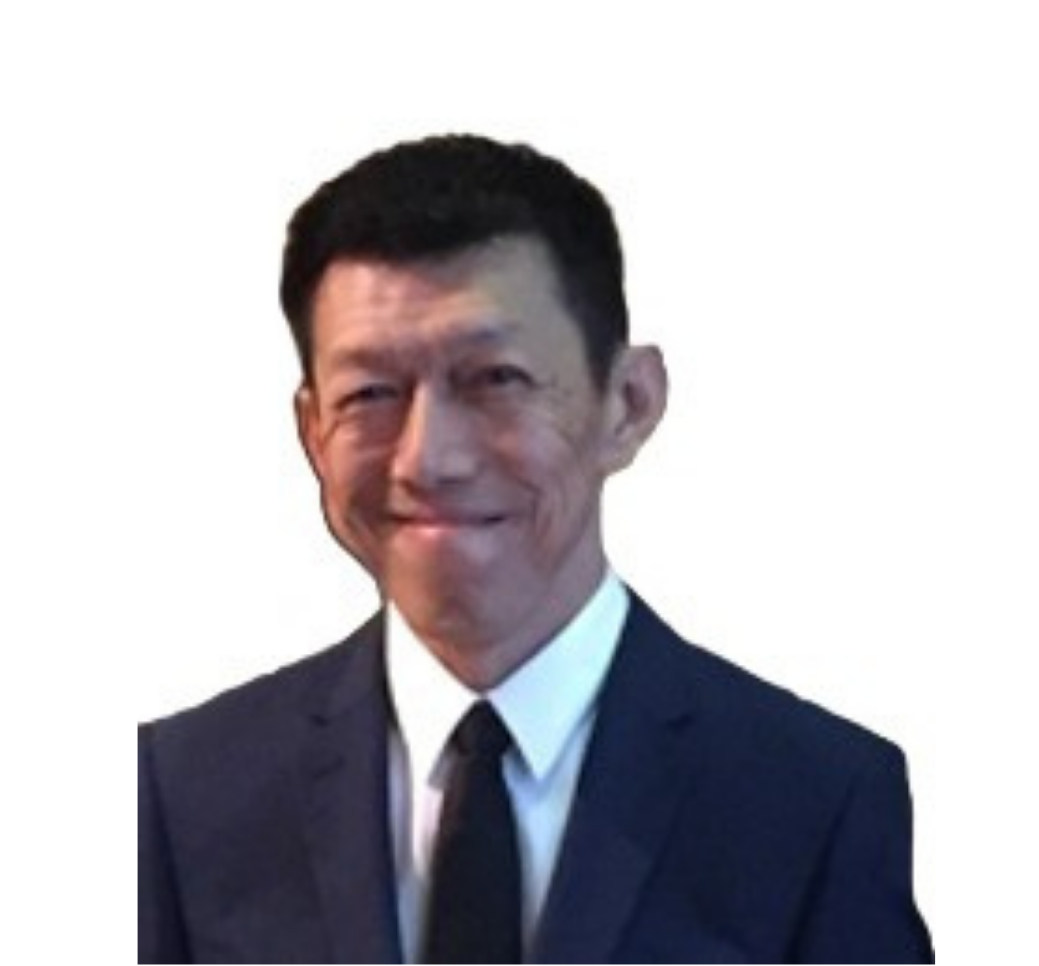
SEA Quantum Sdn. Bhd.
Research Areas: Quantum Computing, Big Data, Emerging Technologies
"A Quantum Ecosystem - Lessons for Malaysia "
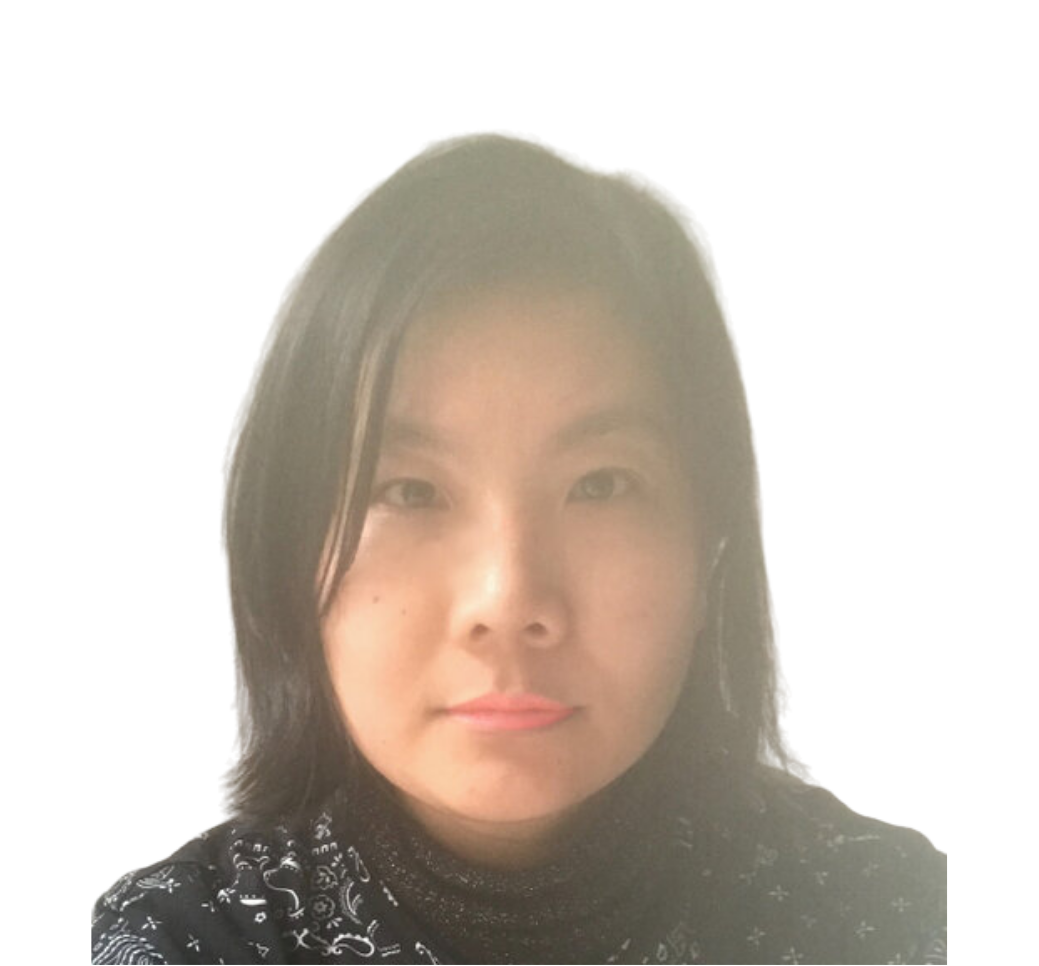
Monash University Malaysia
Research Areas: Media Studies, Science and Technology Studies, Artscience
"In the horizon of quantum: Nuclear and AI technological developments in Malaysia"
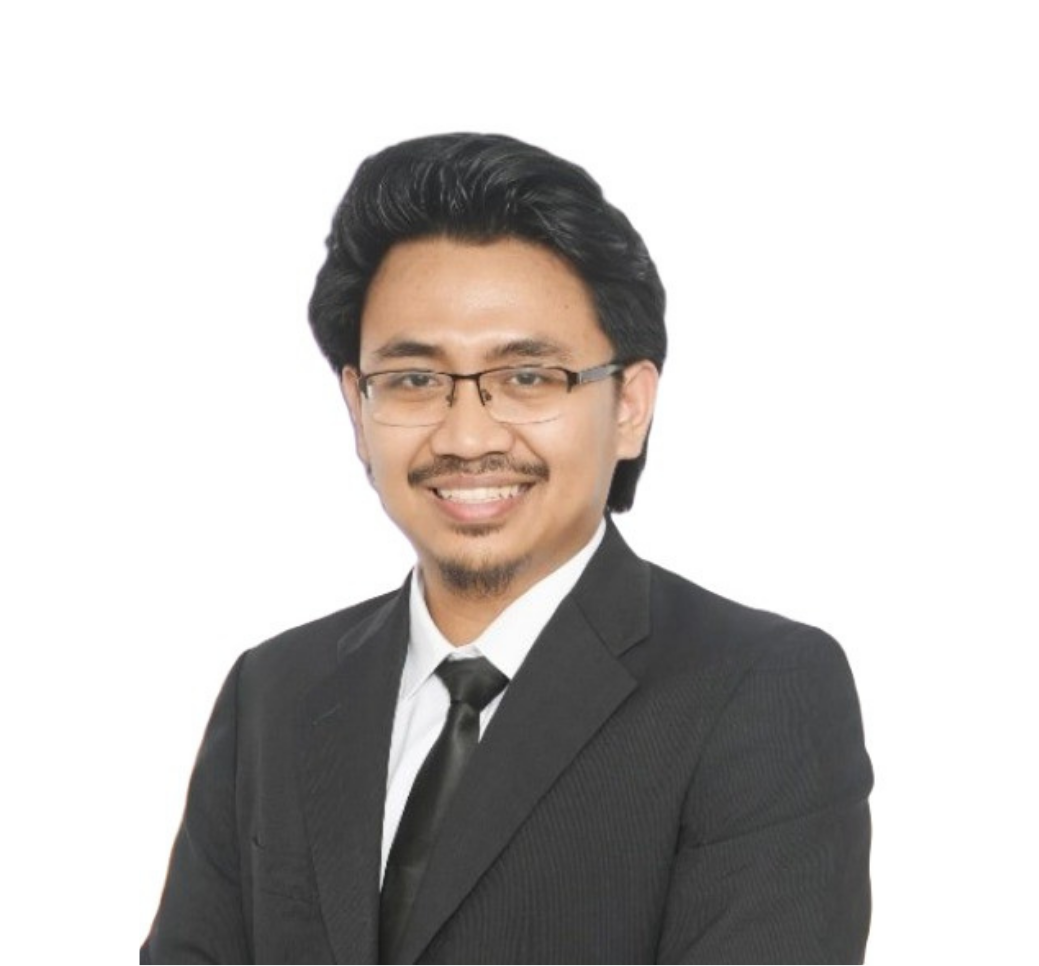
Universiti Putra Malaysia (UPM)
Research Areas: Quantum Optics
"Fundamentals of Photonic Quantum Technology"

NOTES: Fees inclusive of Program Materials, Morning Tea Break, Lunch and Afternoon Tea Break
